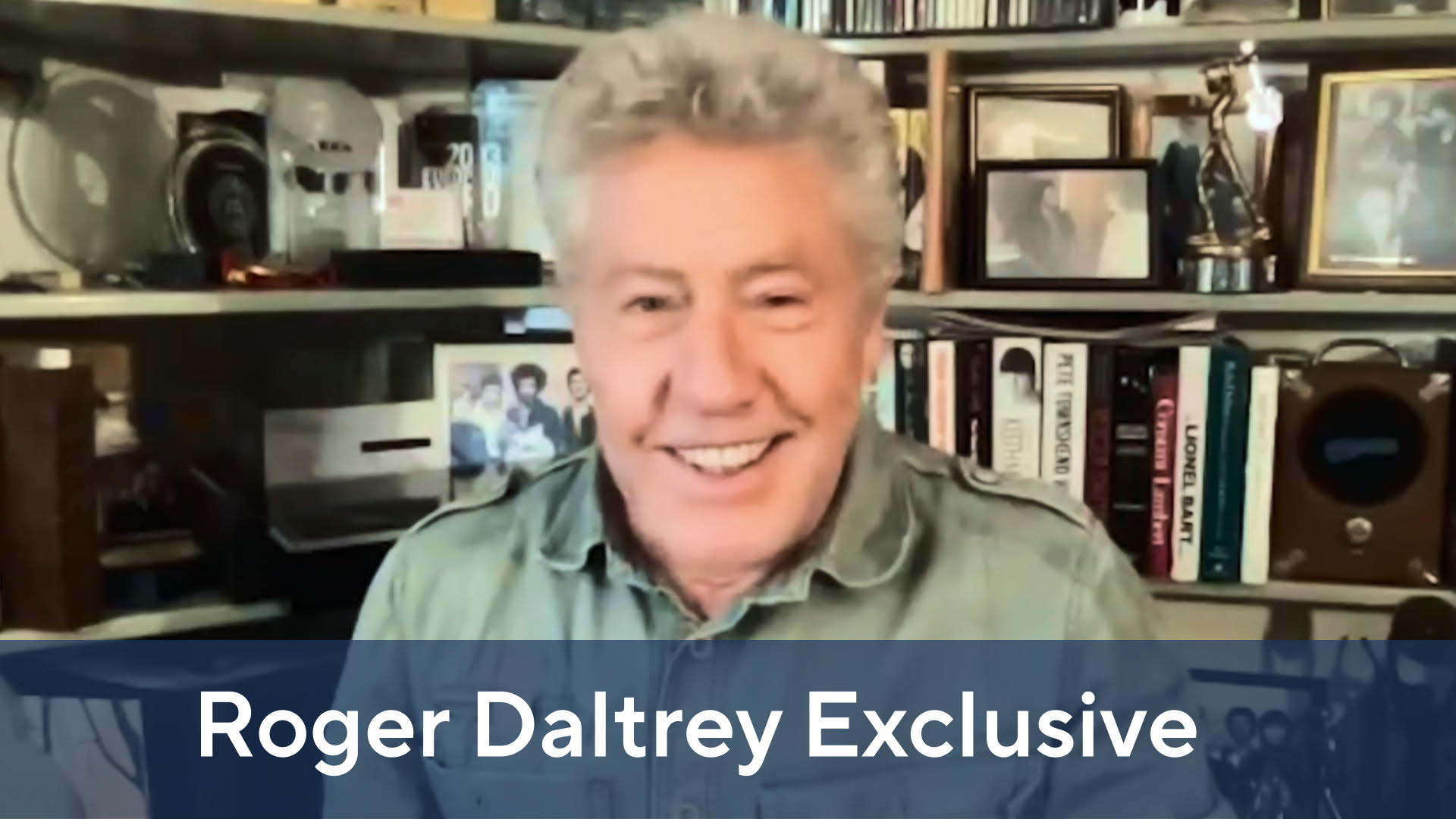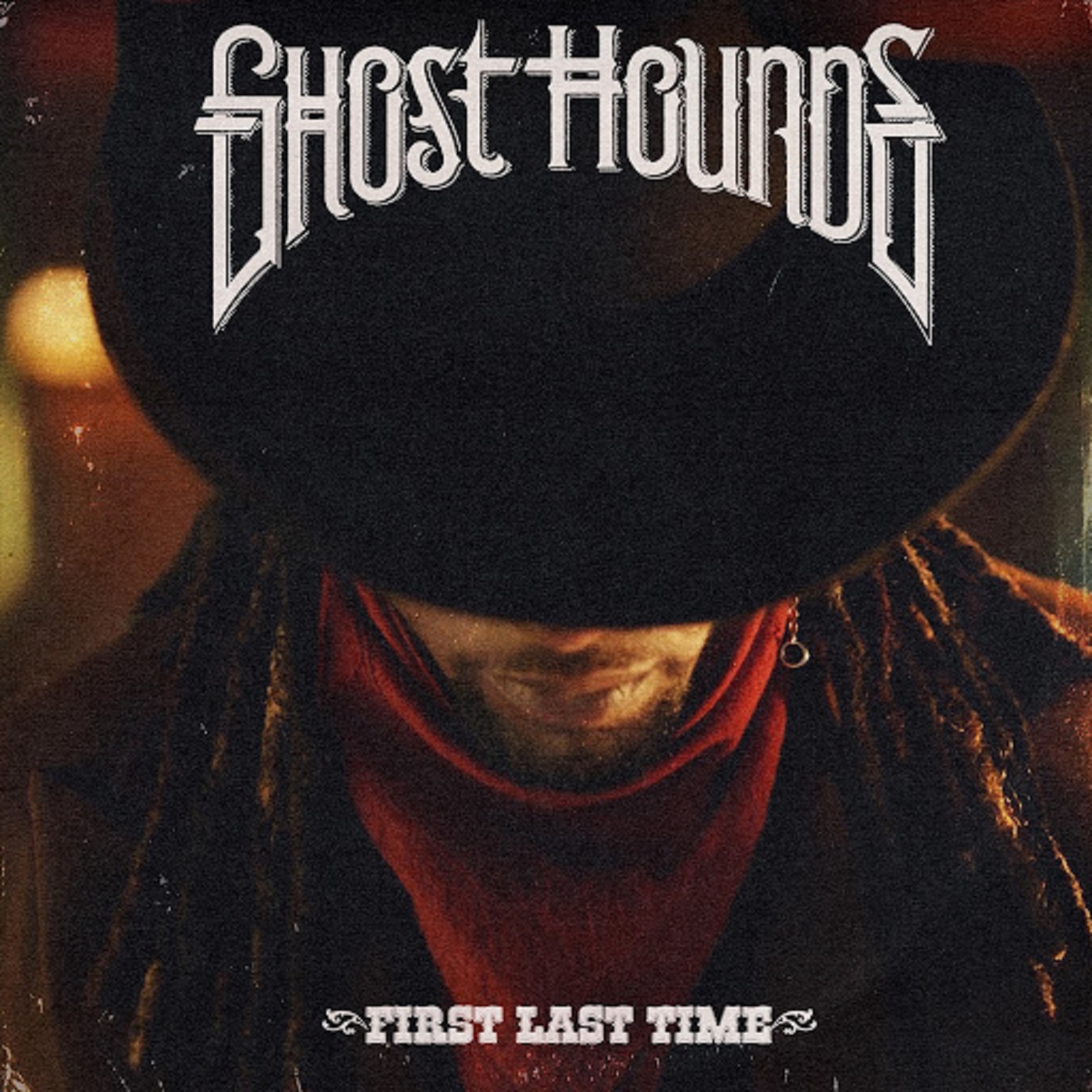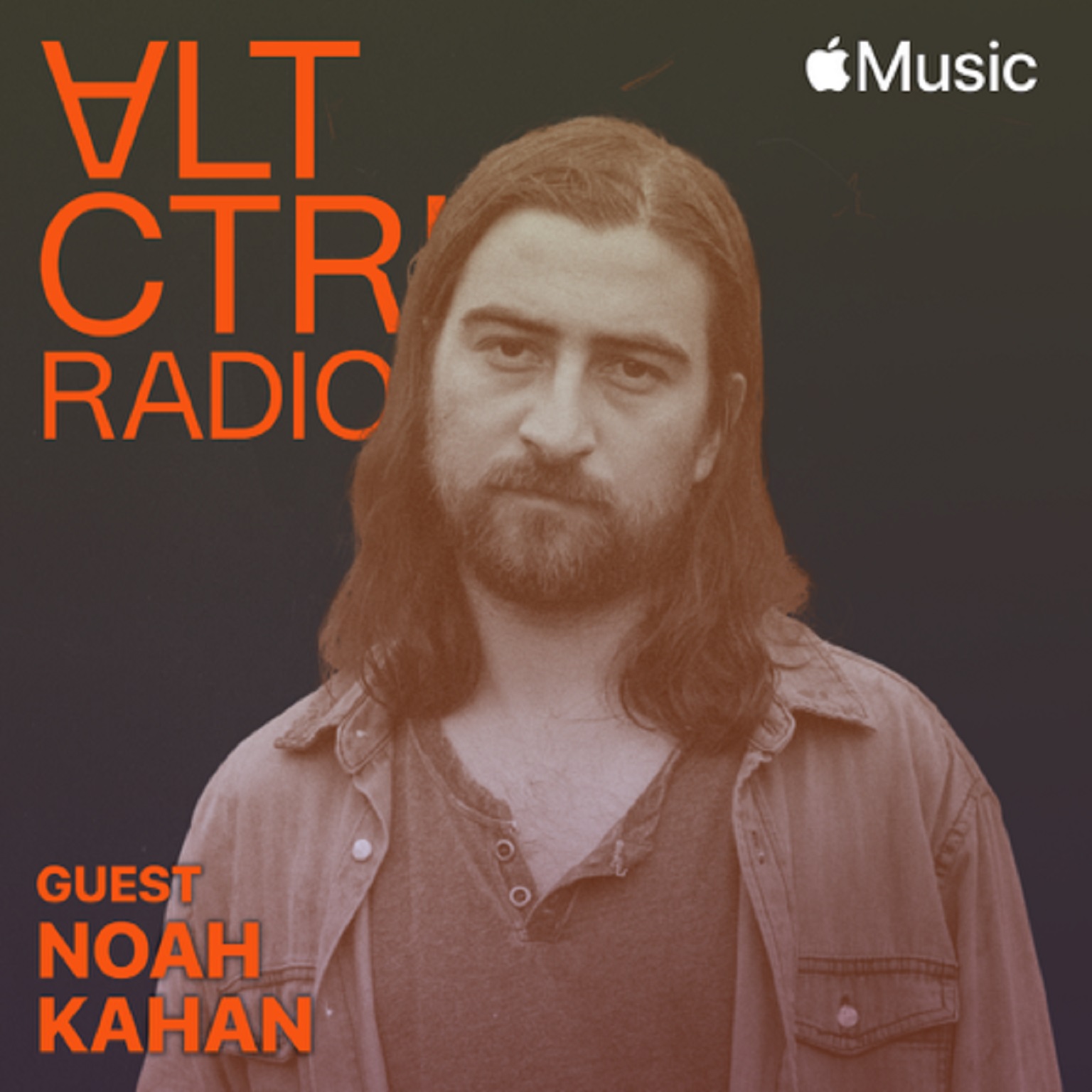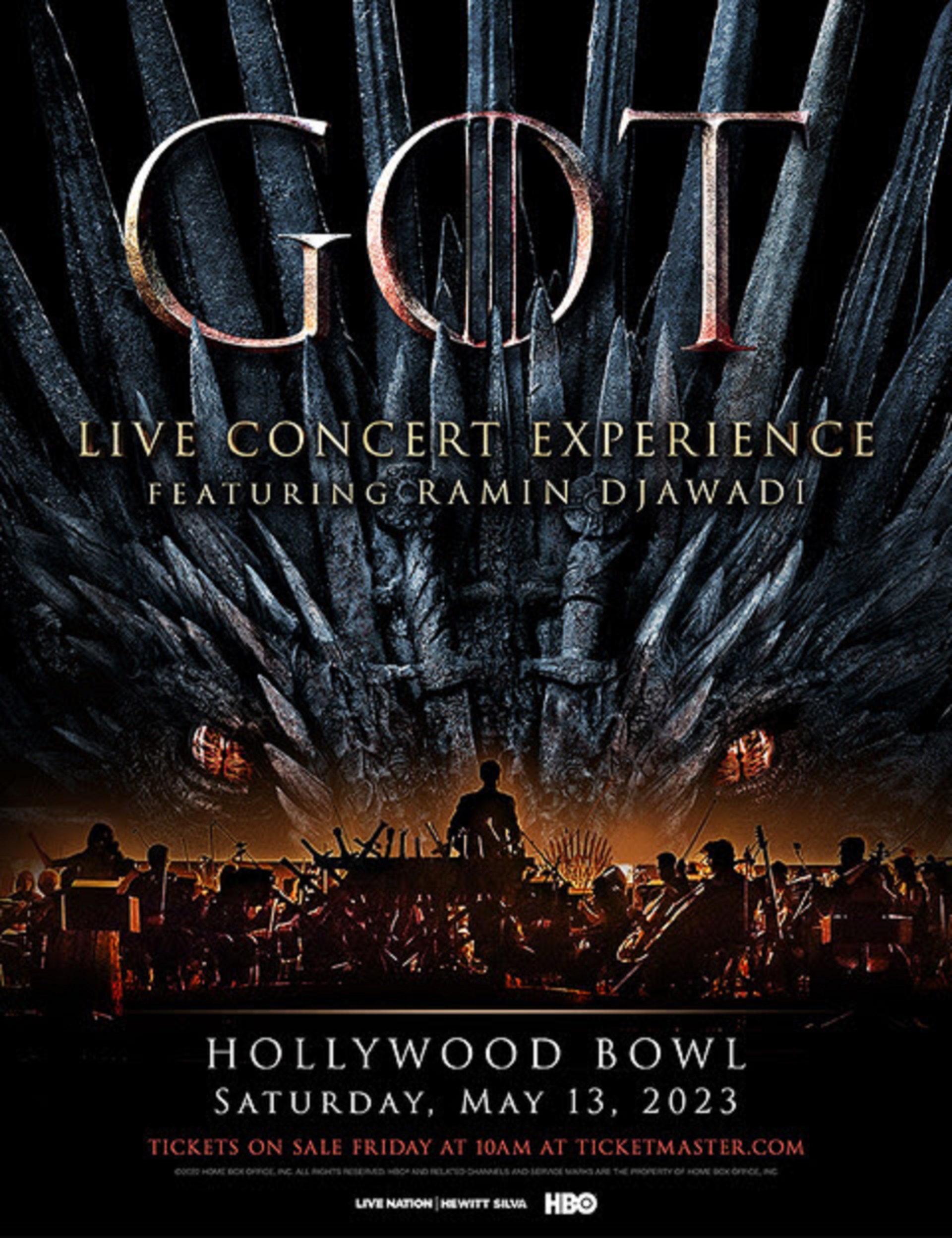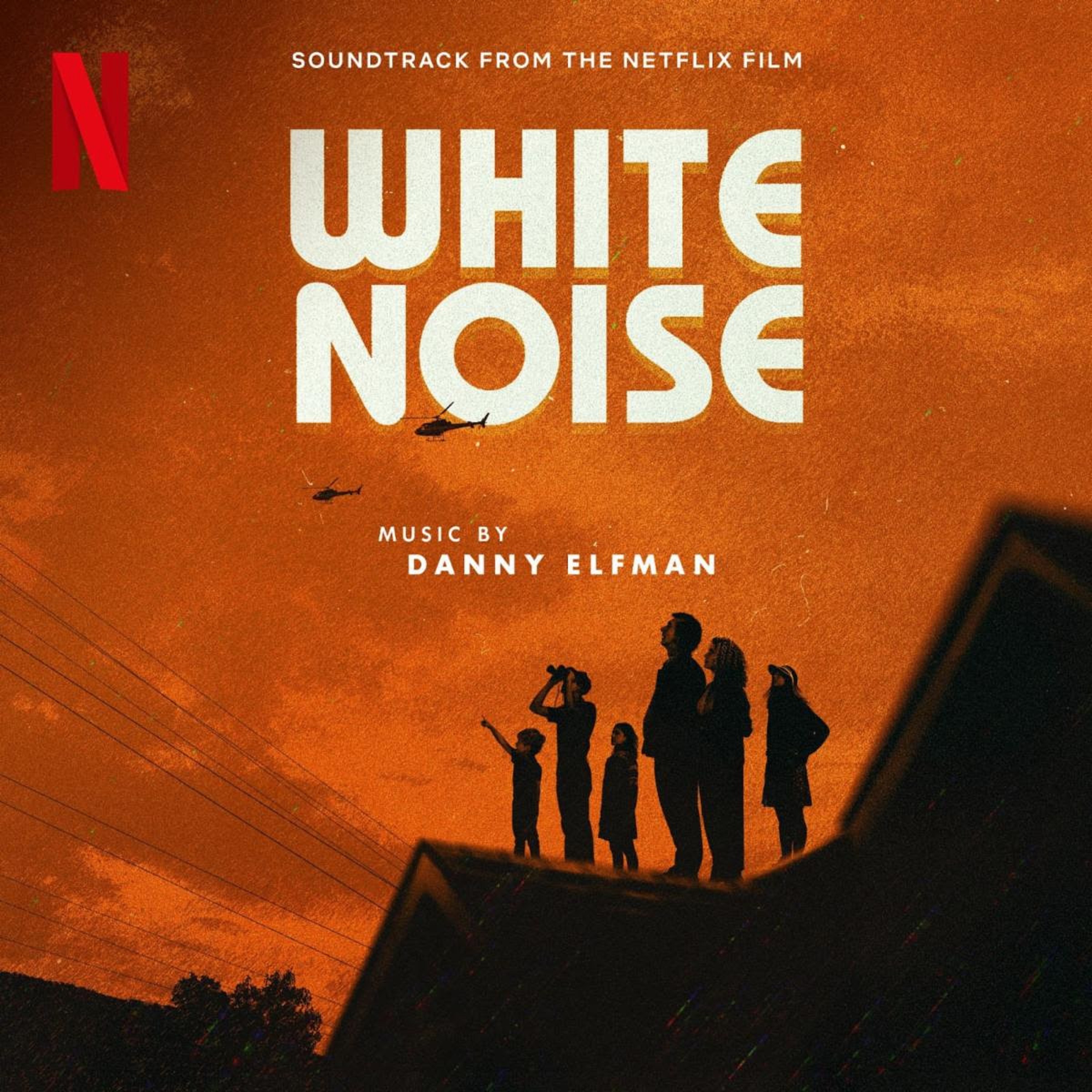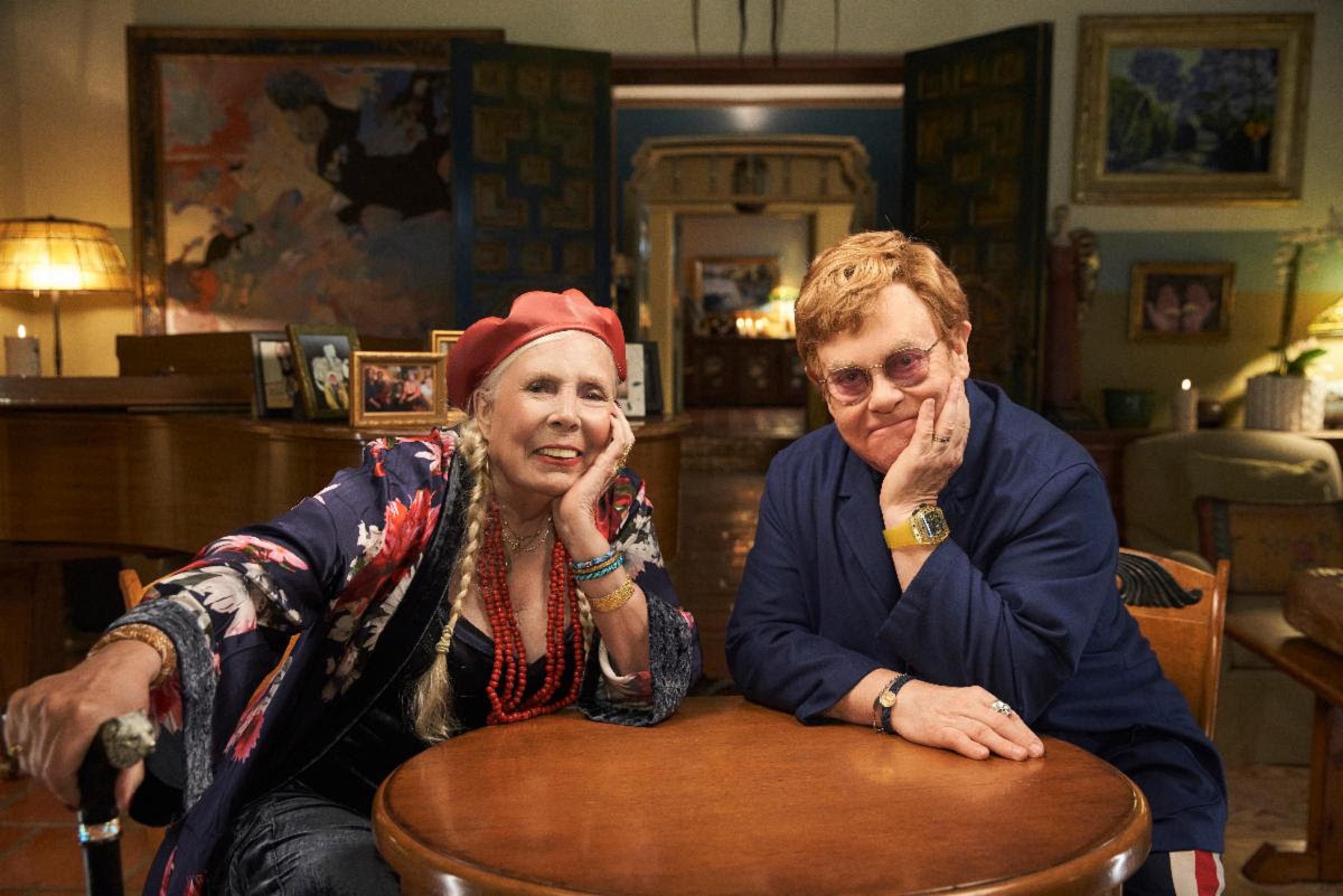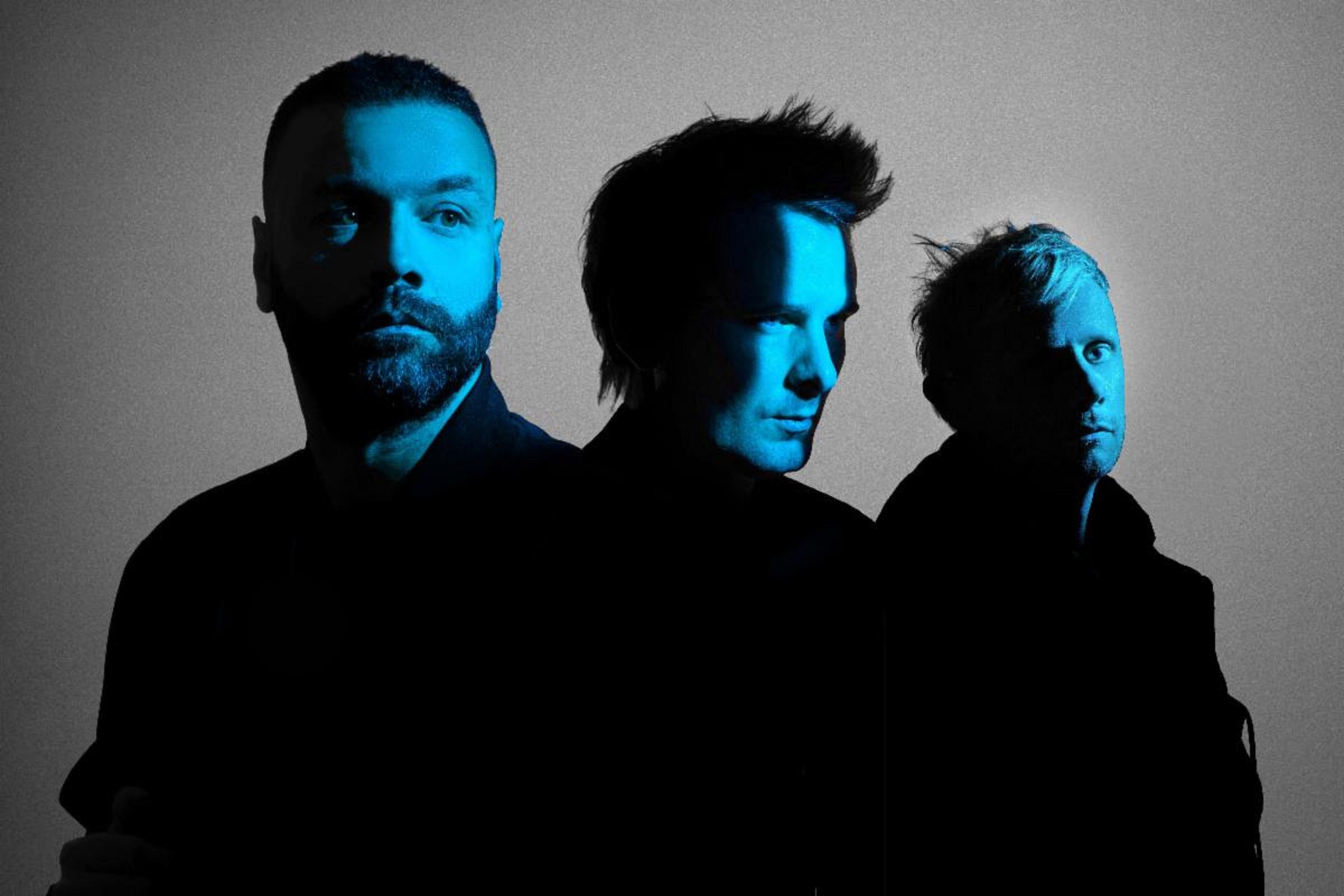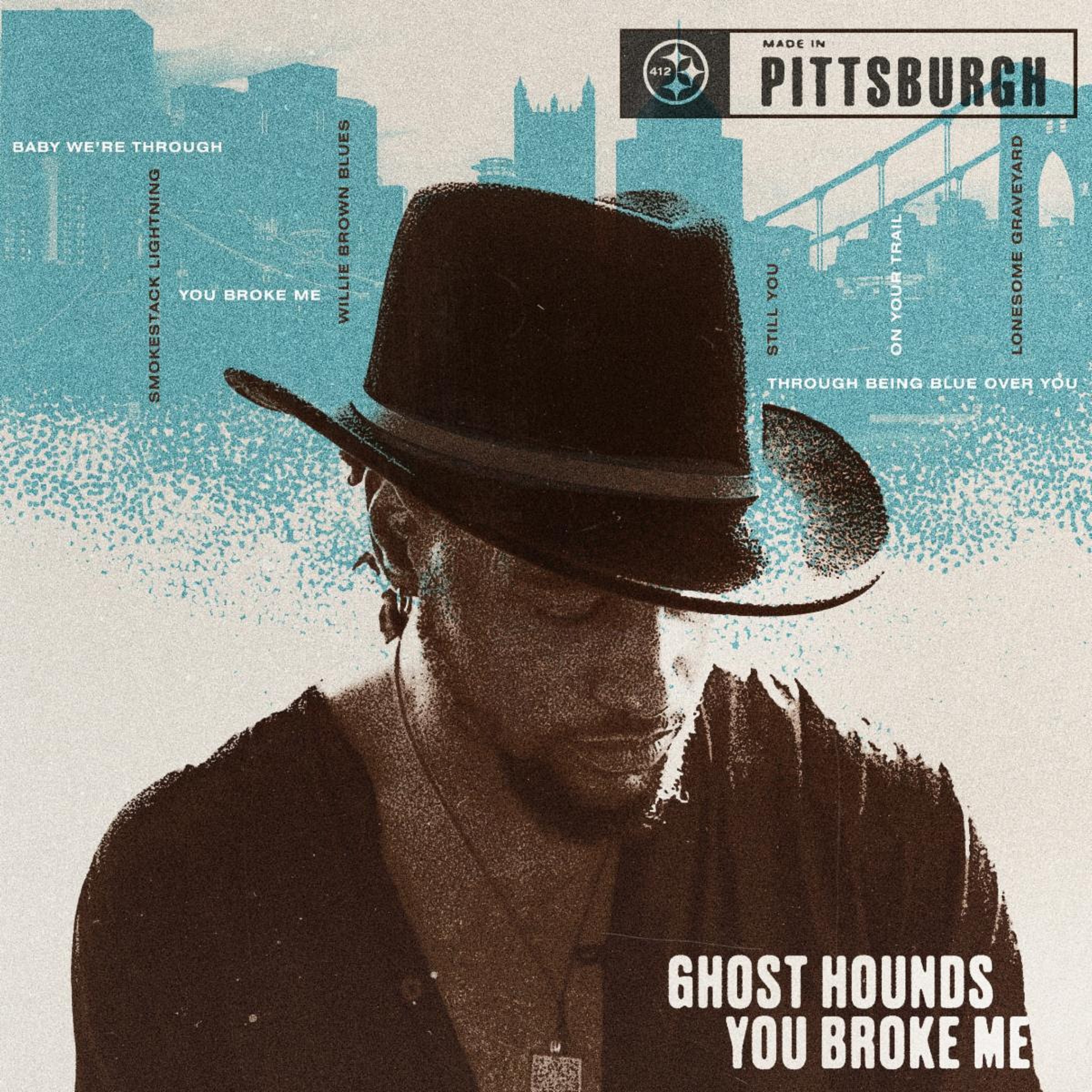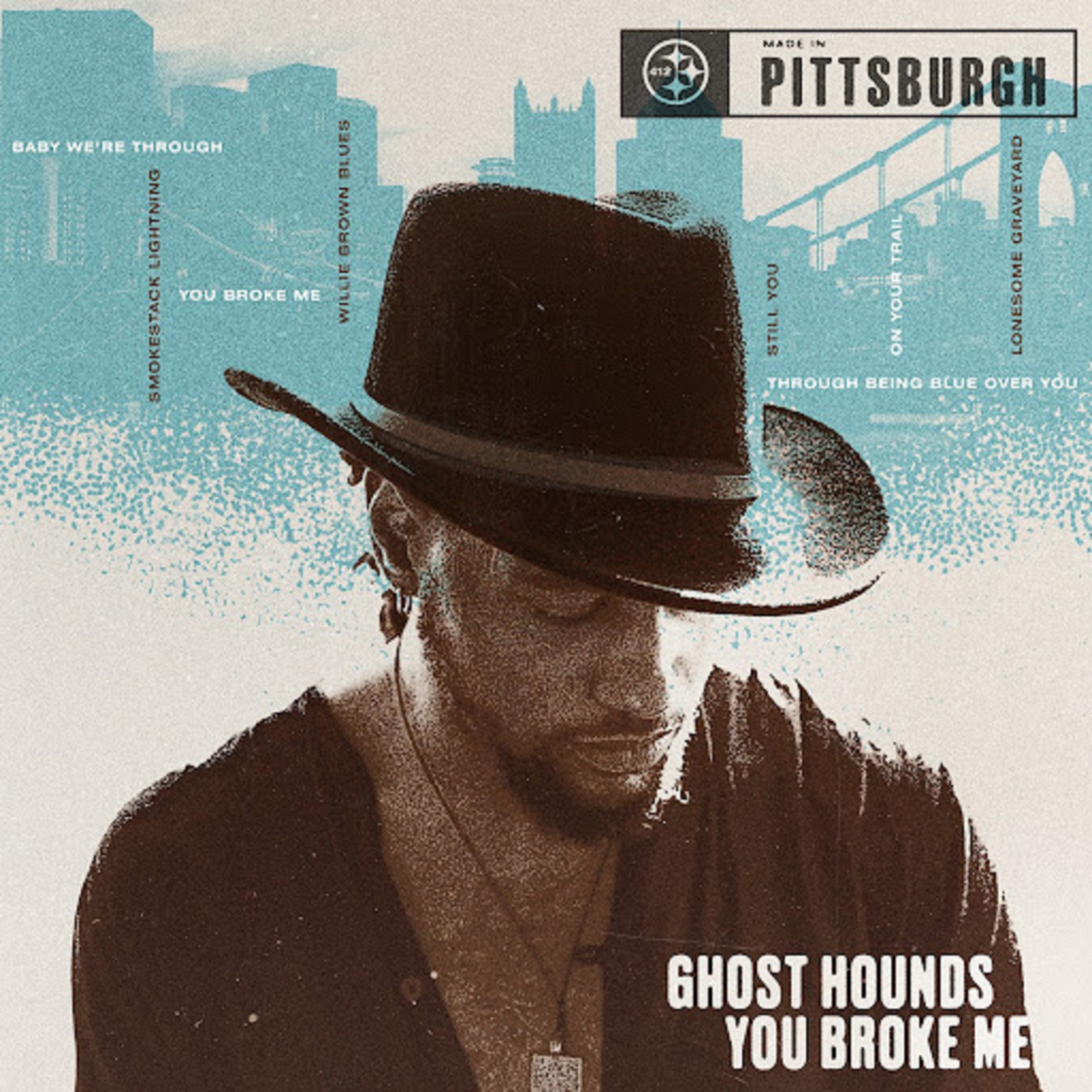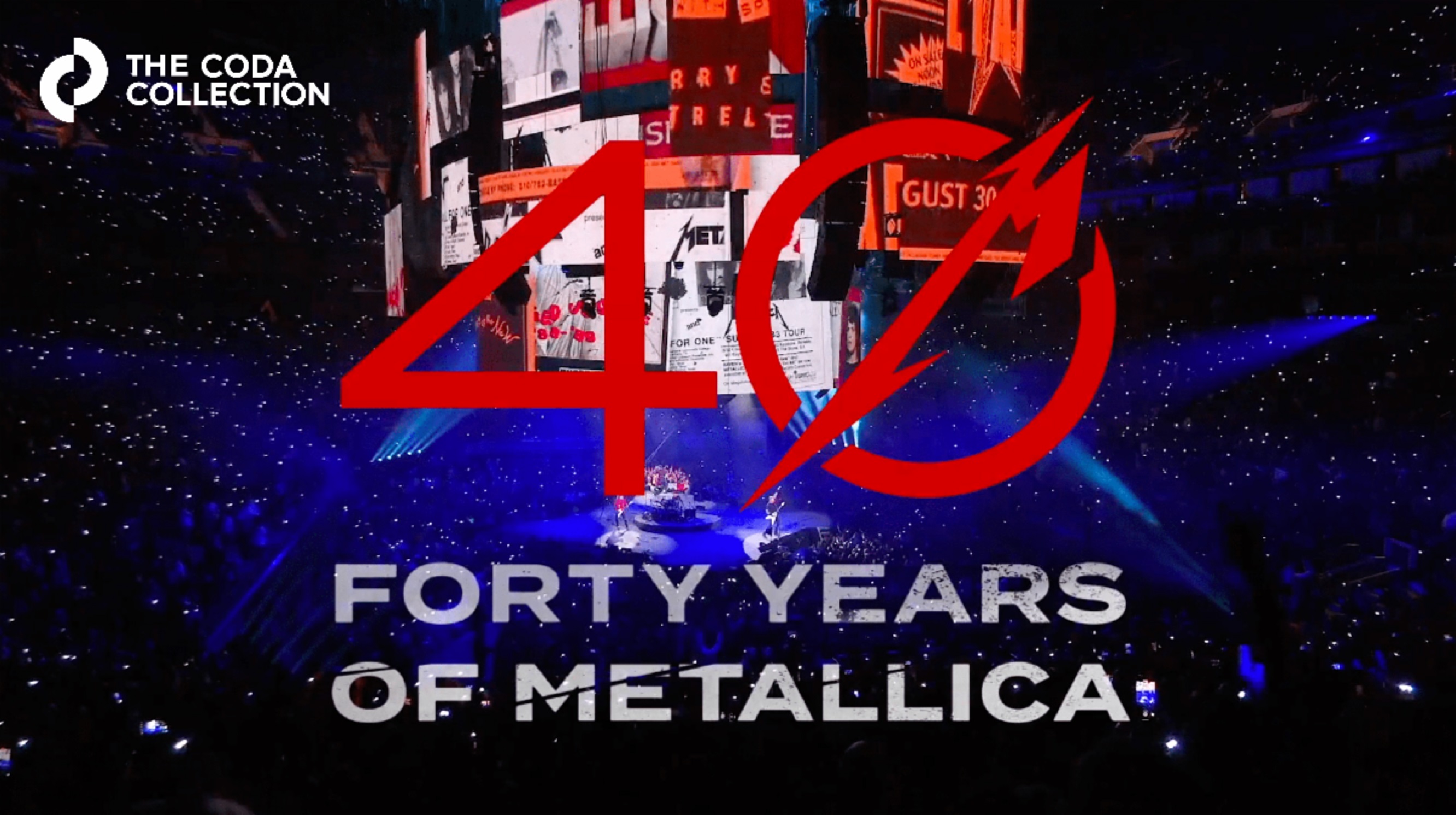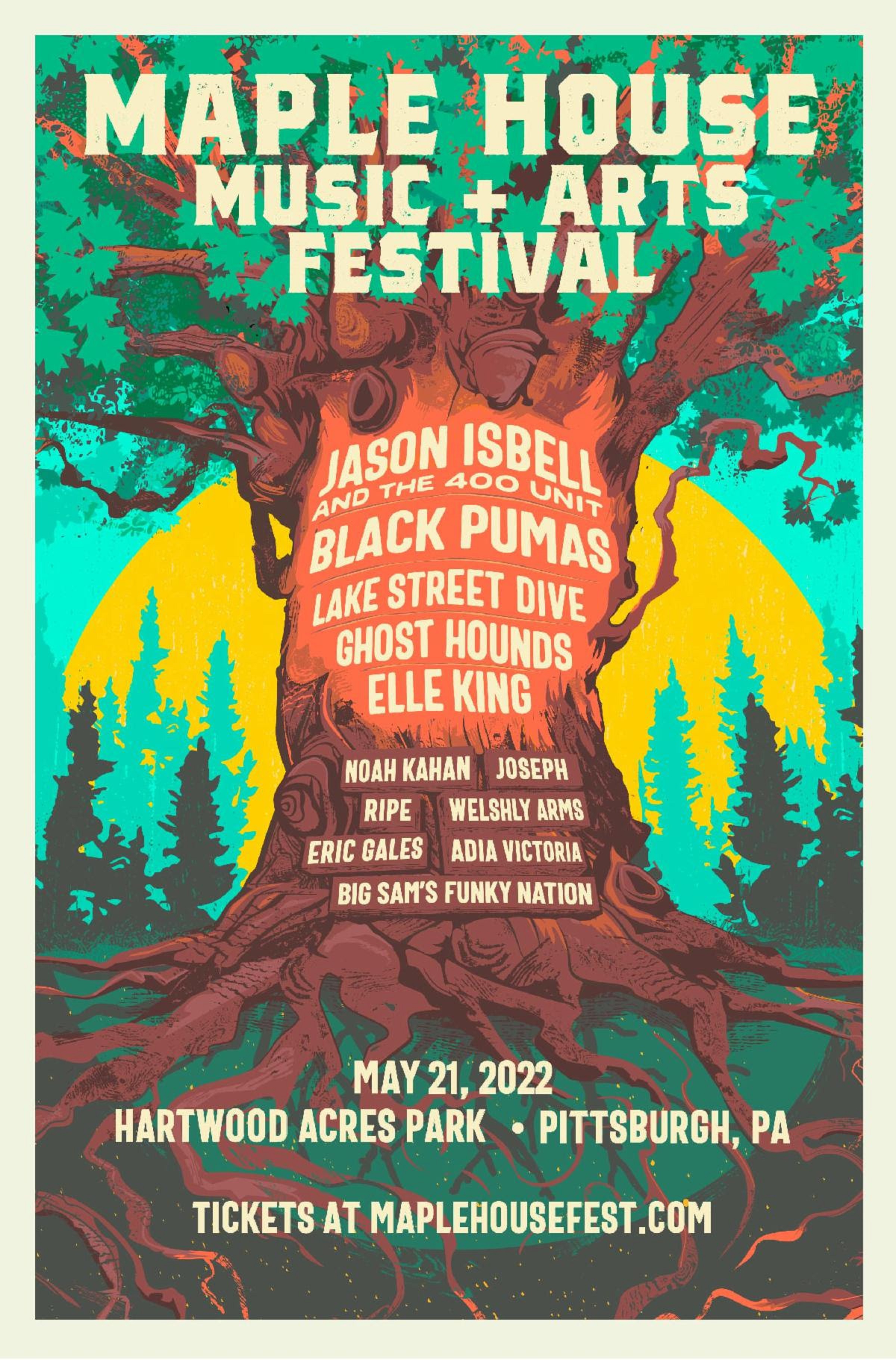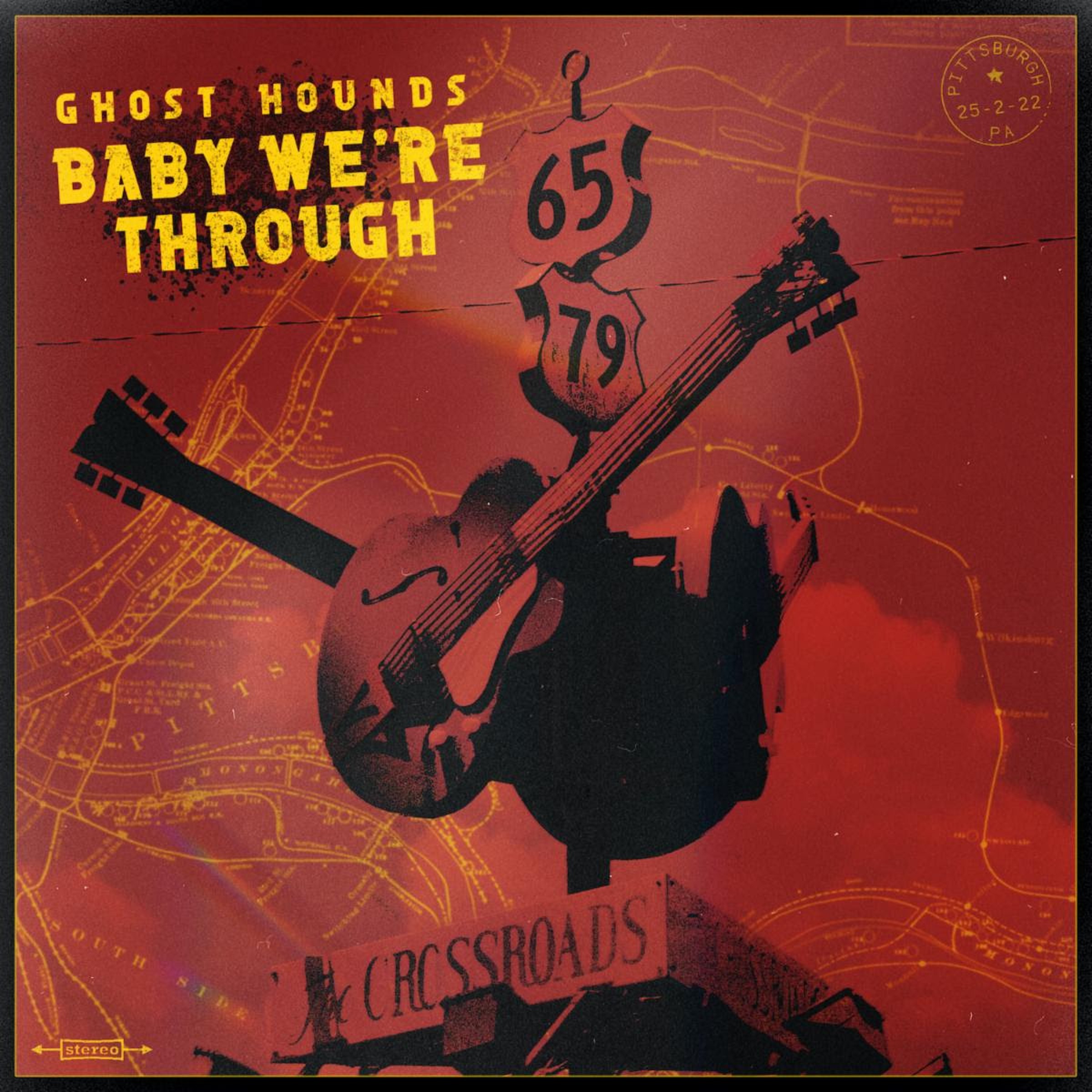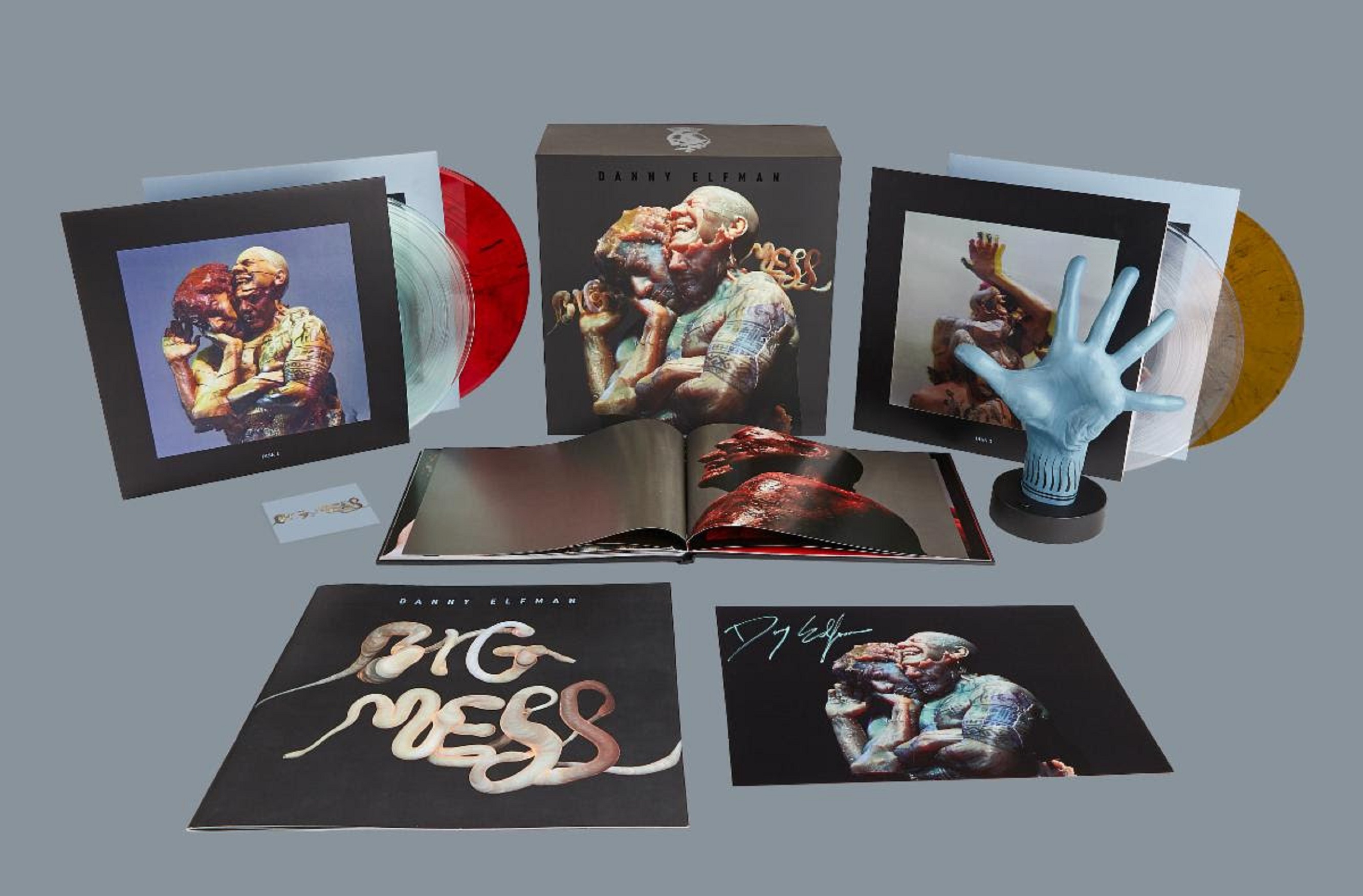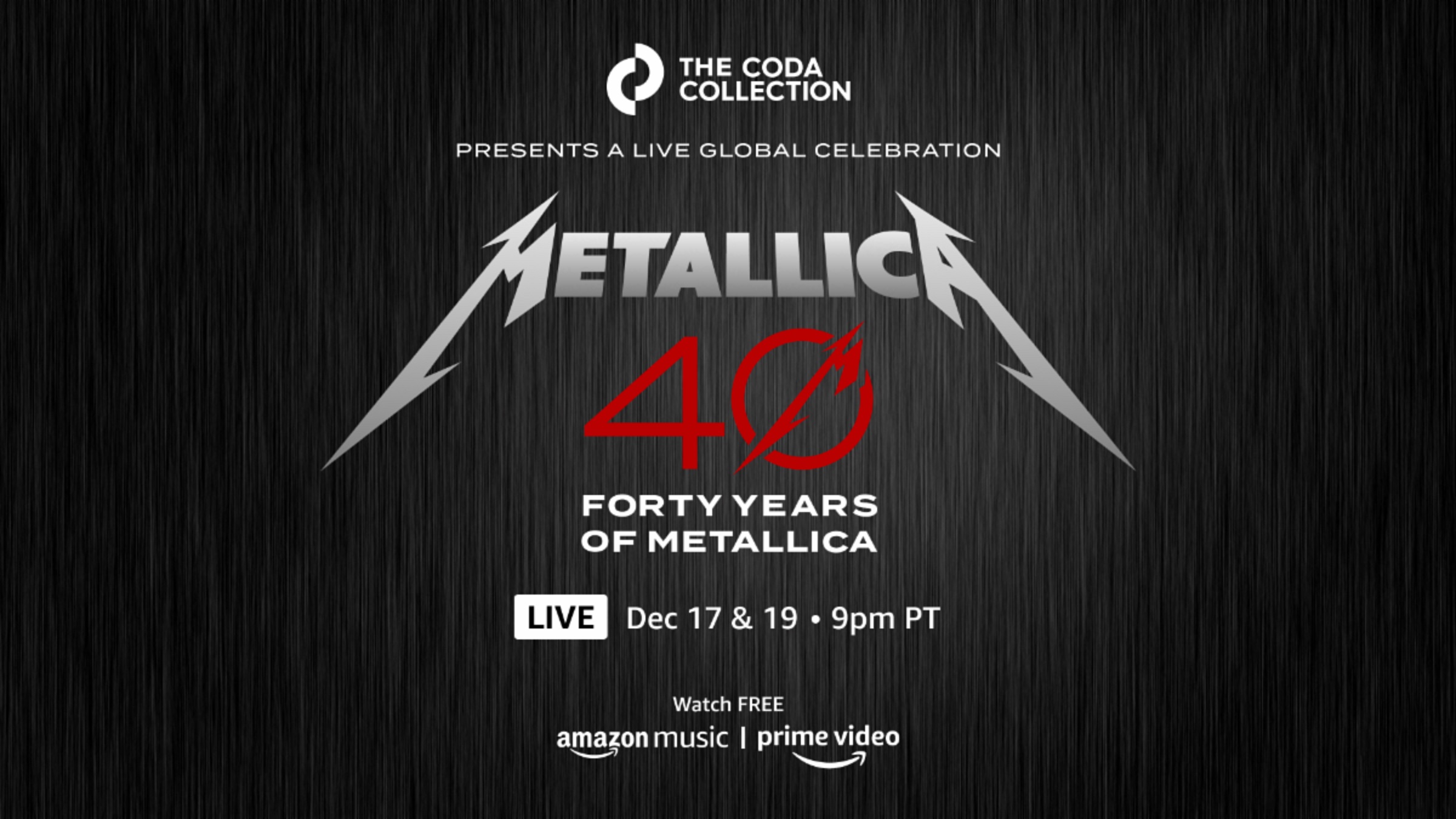The Who’s Roger Daltrey joins The Coda Collection today for a brand new career spanning conversation. The icon discusses feeling belittled as a singer, why he's “the number one hater of the internet,” drug use in the band and a heated encounter with Keith Moon after flushing amphetamines down the toilet, the band’s performance in NYC following 9/11, why Mick Jagger is the number one rock and roll performer, Jimi Hendrix “stealing” Pete Townshend’s stage act, his current relationship with Townshend & the possibility of The Who releasing new music and much more.
The following are excerpts provided by The Coda Collection. You can watch to the entire interview HERE along with more content from The Who, including the band’s career-spanning documentary ‘Amazing Journey: The Story of The Who’ which is referenced throughout the conversation. The Coda Collection brings to life stories of iconic music moments through our curated library of exclusive, rarely-seen films available on Prime Video Channels, and original multimedia content created by renowned experts available only on codacollection.co.
For Example, This Is What Roger Daltrey Tells The Coda Collection About Being Given Instructions and Feeling Belittled As a Singer…
In the full interview, The Coda Collection goes on to ask: You guys came up the hard way. You earned it. I'm wondering, what if The Who was a new band today, in digital age, internet age. How do you see it being different for a band starting out now versus when The Who were starting out in the early ‘60s?
Roger: I've got no idea. You're talking to the number one hater of the internet. I loathe it. At the time it really started to come forward as this platform it's become, I never ever thought any good would come of it and I really still don't think any good's come of it. I think if we're not careful, it's probably the end of our civilization. Yes, it's very convenient. It's destroying our planet in more ways than one. It's destroying our brains in more ways than one. It's destroying our society in more ways than one, so all in all, the sooner it fucking collapses, the better and we get back to talking to people face-to-face, making real music, making things and putting out product because this streaming shit with musicians where they can't earn a living making music. Songwriters can't earn a living writing songs. Composers can't earn a living composing music. That can't go on. That's got to stop. It's the biggest fraud or robbery, whatever you want to call it, in history- what's happened to the music business.
The Coda Collection: The movie [Amazing Journey: The Story of The Who] talks a lot about how you and Pete- how the relationship changed over the years, and that especially after John died, it brought the two of you closer together. At least that was Pete's viewpoint. How are you and Pete getting along? I know you just made a new album in 2019-
Roger: We get along great.
The Coda Collection: Do you see more music coming from The Who in the future?
Roger: There's no point in making any music if you can't earn a living out of it. For me anyway. You know, what's the point. On the last record, it cost me money to make it. I don't see the point in doing much of that, you know? I'm too working class for that. I've been working since my 15th birthday and to go out and not get paid for a job, I don't mind if it's a charity, but I have a family to feed as well, a lot of grandchildren, a lot of children. So it's tricky. I don't know whether we will ever make any more new music, but I never say never. Let's put it that way. I speak to Pete once a year. I haven't seen him for two years. I miss him, seeing him. Always enjoy seeing him. But we're not that kind of friend. We don't need to be. We know we're there for each other. I've always been a bit of a loner anyway.
The Coda Collection: Did you hear what Paul McCartney said about the Stones the other day?
Roger: I know what he means, but the Stones have written some great songs, but they are in the blues. They are in that format. It's like comparing cheese and apples. They're both very tasty, but the cheese does one thing and the apple does another. I’ve always thought that you cannot take away the fact that Mick Jagger is still the number one rock and roll show. The only other people I'd put up against him would be perhaps James Brown, maybe Jerry Lee in his day, or Little Richard, but Mick Jagger, you've got to take your hat off to. He's the number one rock and roll performer. But as a band, if you were outside a pub and you heard that music coming out of a pub some nights, you'd think, "Well, that's a mediocre pub band." No disrespect. You're looking at me very patchy. But that music can. It's part of its charm. Like I say. You have to see the Stones. I love them. I just think they're great entertainment.
The Coda Collection: One thing that's said in the movie [Amazing Journey: The Story of The Who], Roger, is that Pete says that you came to him and said, "Hey, I want to be Tommy.” When he wrote the opera.
Roger: No, that's not true. That's another bullshit. We didn't know what Tommy was when we were making the album. That's a lot of rubbish he comes up with but you have to live with it. He's a funny bunch of fellows. No. We were making Tommy. He had one kernel of an idea in a nutshell, which was, "I wonder what it would be like to go through life and all you did was experience vibrations, and you couldn't hear anything, see anything, or speak anything, but there were vibrations coming at you." And I thought, "Well that's an interesting concept. Really interesting." And then it was the one song which you hear the kind of roots of on The Who Sell Out album. Rael...You can hear the roots of that song in that Rael from The Who Sell Out, and of course the idea was really, really interesting, so we recorded that one song, "Deaf, dumb, and blind boy," there's a strange vibration there. Pete didn't have the whole idea of Tommy. We were piecing it together in the studio with ideas coming in from everywhere. The initial- the root idea of it was a spiritual journey by someone who was traumatized at being deaf, dumb, and blind, but where it was going to end on it's journey was kind of being made up as we went along. When it came to filming it, no, I didn't ever ask to be Tommy. I was asked to do it and I was absolutely shocked. Ken Russell was an absolute idol over here. He was an idolized film director because he was so risk-taking, daring, adventurous. He understood music. He was a real musical director. Having him ask me to play Tommy was an absolute shock. Never came to me at all.
Here Roger Daltrey Tells The Coda Collection About Drug Use in the Band and His Heated Encounter With Keith Moon After Flushing Amphetamines Down The Toilet...
Roger Daltrey Goes On To Tell The Coda About The Who’s Legendary Performance at The Concert For New York City Following 9/11…
It was a difficult show emotionally to get through. Being faced with this sea of blue uniforms and quite a few children wearing their dads' fire helmets. Some of the people that were going, it was emotionally the most difficult night on stage I've ever had in my life. That and playing the first shows after the two deaths we had. The first show with Kenny Jones, that was an emotional night. Playing the first show after John died in 2002 again, that was an incredibly emotional night. The relief comes when you start playing the music, because they will echo forever in that music. John and Keith are alive. When we're on stage, in my head, they're alive. They're in the music. You can't take what they put in, you can't take it out.
Roger Daltrey Also Tells The Coda Collection About His Involvement with Teenage Cancer Research and Awareness…
Roger: Well that's Teen Cancer America. As you know, that's a foundation that I started as a spring off from the Teenage Cancer Trust in the U.K., which was founded 30 years ago. 31 years ago now. To bring teenagers that were diagnosed with cancer together within hospitals, because what was happening, if they were under 18, they were being put together with little children, babies on wards and if they were over 18, they were being put together with geriatrics. And of course, psychologically, the damage caused by that from such a pernicious disease was tremendous. We started this foundation to try and create hospital spaces so they could be amongst their peers. And this was 30 years ago. In that 30 years, what's happened to that adolescent, from 13 to say 28 year-old group of people, they are now so different from little children in their social, in their physical, mental, everything about them is so different either those young children or the older people, like me and geriatrics and that above them. Older adults and that above them. So it's even more imperative now that we create hospital wards for that age group. Not just for cancer. We're only concentrating on cancer because that is so devastating for that age group. But I want to make it for all adolescents that are hospitalized. They should never be removed from their peers, being around their peers. It's not healthy for them. It's not healthy for the children and it's not healthy for the adults. So it's a three-way win. I'm desperate to get the first wing of the hospital up and running that's devoted to that age, say 13 to 28, 30.
The Coda Collection: I just wanted to ask you about what got you involved in this in the first place? Was there a personal story that made this happen for you?
Roger: Well I saw the devastating effects of cancer. I had a sister that died of it while I was on the '82 tour. She had breast cancer and it ended up in her bones, so I knew that there was- and she was 32 years old. But it wasn't because of that. It was because the idea made sense to me. This is a very simple thing to do. It's about good will from the medical staff and hospitals and the willingness to listen to ideas and adapt. It's quite a simple thing to do really, and the cost benefit we kind of got- The trouble with medicine to get it journalized is so difficult. It is so difficult. But we reckon we get, because we can compare where a teenager went through the same treatments without what we do to going through their cancers with what we do- We reckon we're getting between a 10 and 15% improvement in their survival rate. Just because this, the brain, and the mental state, is much more comfortable. So if you had a job that did that, they'd throw money at you.





